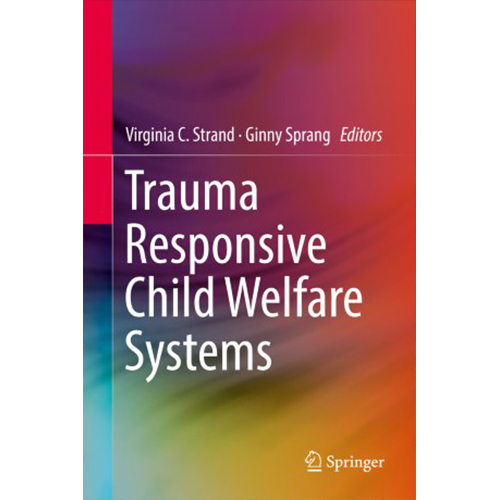Jackson, V. H. (2018). The Role of Cultural Competence in Trauma-Informed Agencies and Services. In Trauma Responsive Child Welfare Systems (pp. 41-64). Springer, Cham.
Abstract
This chapter explores the intersection between culture, trauma, and child welfare. As child welfare systems are becoming more trauma informed, this chapter examines the trauma-focused question of “what happened?” to children and their families as a consequence of their cultural identity and how might that influence the potential contact with the child welfare system. Included in this analysis are the experiences of children from immigrant and refugee families for whom the circumstances in their country of origin and their experiences once arriving in the United States can include traumatic events. This analysis also includes the experiences of children and families from marginalized populations for which there is a potential negative impact of historical trauma, present-day prejudice and discrimination, and disproportionate exposure to negative factors related to the social determinants of health. The second portion of the chapter focuses on the implementation and application of cultural and linguistic competence as an inextricable component to achieve a trauma-informed mission toward the safety, permanence, and well-being of children. The chapter defines cultural competence and delineates implementation of cultural competence for child welfare practitioners, organizations, and systems.

